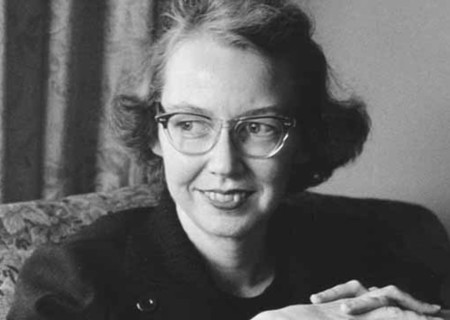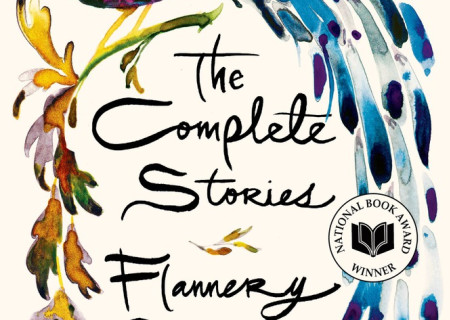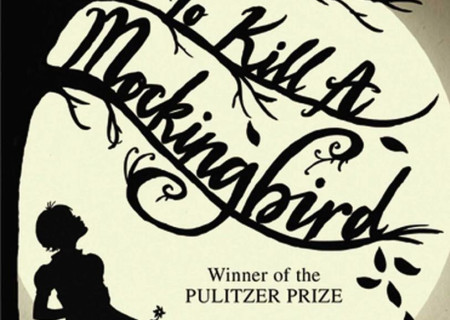Lucy Alibar & Co.—Badass Women Writers of the South

Lucy Alibar has made a name for herself for her distinctive and magical depictions of the American South through the eyes of young, female characters. First there was her Oscar-nominated screenplay for Beasts of the Southern Wild (co-written with Benh Zeitlin and based on Alibar’s play Juicy and Delicious). Now it’s Throw Me On the Burnpile and Light Me Up, which makes its World premiere at the Kirk Douglas Theatre September 10 – October 2, 2016. Alibar grew up in rural Florida, and Burnpile is full of hilarious musings and at least partially autobiographical stories about southern small-town life.
Alibar’s voice is indubitably her own—has anyone else, anywhere in America, written a Christmas story about a raping goat?—but she is part of a long and awesome tradition of badass southern women who write. Here are six others in that pantheon.
- Flannery O'Connor
I have found that anything that comes out of the South is going to be called grotesque by the northern reader, unless it is grotesque, in which case it is going to be called realistic,
wrote O’Connor, a Georgia native, in her 1960 essay “Aspects of the Grotesque in Southern Fiction.” O’Connor, a short story master and one of the preeminent writers of the “Southern gothic” style, was known for her dark humor. She won the 1972 National Book Award for Fiction for her posthumously published The Complete Stories, which includes the much-anthologized “A Good Man Is Hard to Find.- Learn More
- Marsha Norman
- The Kentucky-born Norman rose to fame in 1983 when her play ’night, Mother (set in an unnamed rural locale that may be Kentucky) was honored with both the Pulitzer Prize for Drama and Drama Desk Award. ’night, Mother is a dark drama that begins with a daughter telling her mother she is going to commit suicide. But Norman is also a frequent collaborator on Broadway musicals; she wrote the libretto for The Color Purple, which takes place in the Deep South, and the book for The Bridges of Madison County, which played the Ahmanson Theatre in our 2015/16 Season.
- Learn More
- Zora Neale Hurston
- Born in Alabama and raised in Florida, Zora Neale Hurston—who wrote four novels, an autobiography, three books of folklore, and over 50 plays, essays, and short stories, many of them set in the South—had an indelible impact on 20th-century American literature. Her most famous work, the 1937 novel Their Eyes Were Watching God, which is set in central and southern Florida, was criticized upon publication for its heavy use of dialect and its rejection of W. E. B. Du Bois’ ideas about African-American culture and “social uplift.” Beginning in the 1970s, however, Hurston’s unique genius and her groundbreaking portrayals and analysis of black life in America earned her the respect and reputation she deserved.
- Learn More
- Carson McCullers
- The granddaughter of a Confederate war hero, McCullers drew inspiration from her southern roots even though she lived most of her adult life in New York. The isolation and loneliness of individuals in the Deep South was a recurring theme in her work, including her debut novel The Heart Is a Lonely Hunter—published when she was just 23 years old. McCullers’ friends included Gypsy Rose Lee (whose life would later inspire the Tony Award®-winning musical), Truman Capote, and Tennessee Williams.
- Learn More
- Beth Henley
- Hailing from Jackson, Mississippi, Beth Henley first came into the national spotlight in 1981 when her Mississippi-set play Crimes of the Heart, a dark comedy about one very bad day in the life of three sisters, took home the Pulitzer Prize for Drama. Inspired to pursue a career in playwriting when she realized there weren’t enough roles for southern women in contemporary theatre, Henley often sets her plays in rural southern towns and focuses upon the problems people—particularly women—encounter there. She’s lived in Los Angeles since the 1970s and is currently a professor at Loyola Marymount University.
- Learn More
- Harper Lee
- Nelle Harper Lee was born in Monroeville, Alabama. Her father became the basis of one of the most famous characters in 20th-century American literature: Atticus Finch, who defends a black man falsely accused of raping a white woman. The medium is different and the tone is very, very different, but both Throw Me On the Burnpile and Light Me Up and To Kill a Mockingbird are told from the point of view of a young southern girl coming of age with a defense attorney dad.
- Learn More












